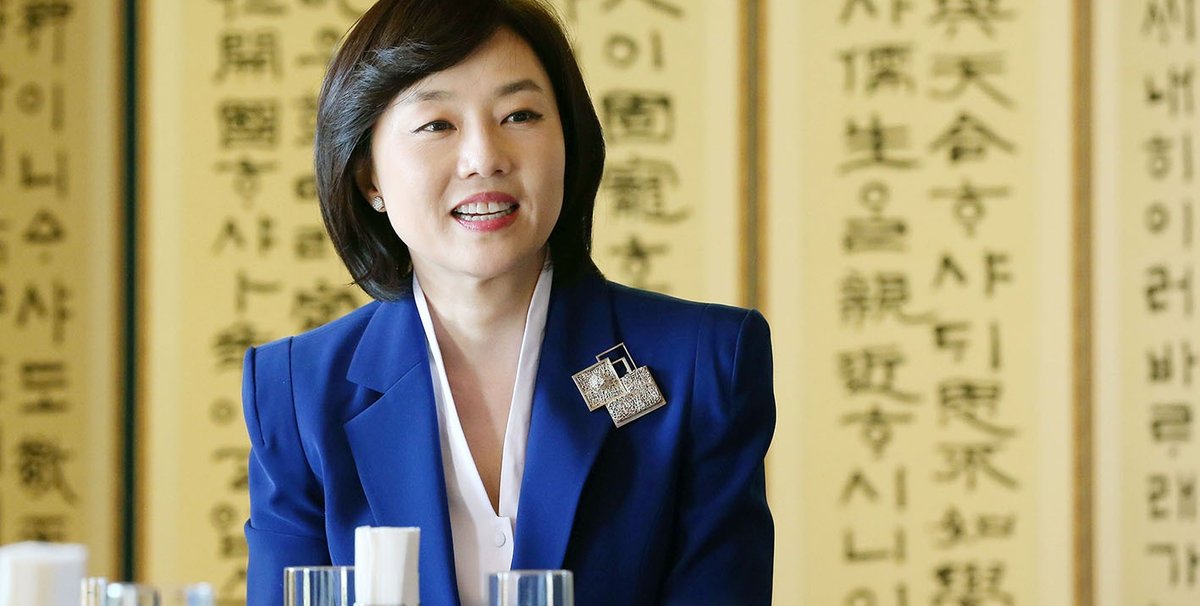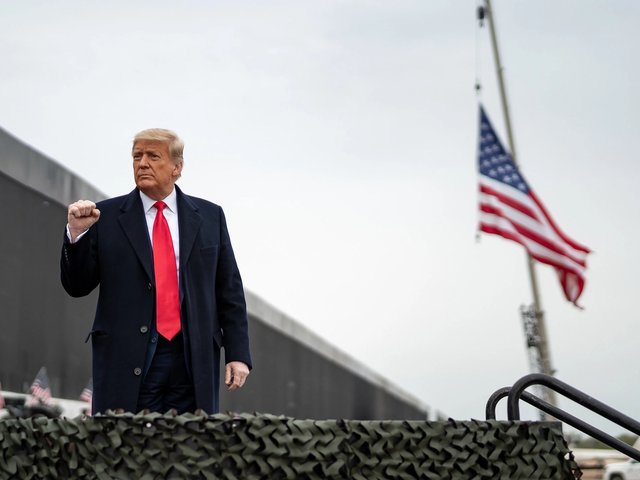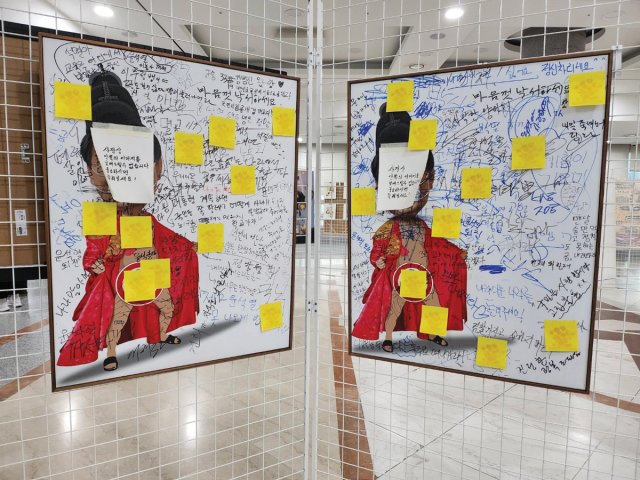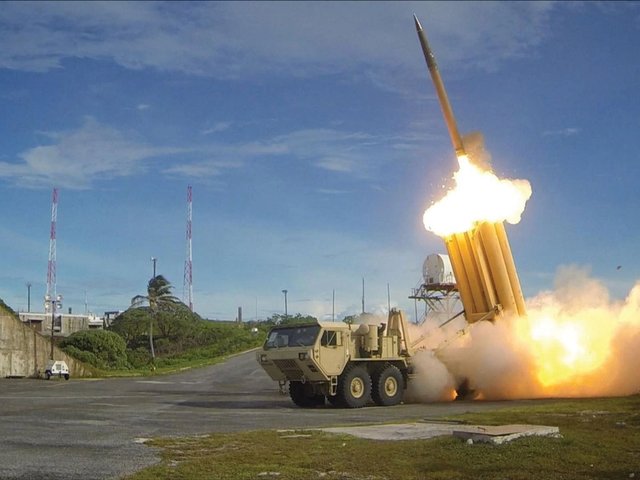South Korea’s ministry of culture, sports and tourism issued a formal apology on 23 January for drawing up a blacklist of cultural figures to be excluded from government support and subsidies. Nearly 10,000 names are said to be on the list, including the author Han Kang, winner of the Man Booker International Prize in 2016.
The list targets individuals from a variety of media who are considered critical of Park Geun-hye, the country’s president. Park is currently suspended from office amid impeachment proceedings begun by parliament in December. Park has denied any involvement with the list, which has yet to be released.
“It is distressing and shameful that the ministry, which should have been the bulwark for freedom of artistic expression and creativity, has caused questions of fairness in assisting culture and arts with a list of artists to be excluded from public support,” said the vice culture minister, Song Soo-keun.
Cho Yoon-Sun resigned as Korea’s minister of culture on Saturday after being arrested for perjury and abuse of power in connection with the blacklist. Her resignation was accepted by the prime minister Hwang Kyo-ahn. The president’s former chief of staff, Kim Ki-choon, supposedly the mastermind behind the list, was arrested on the same day.
“The blacklist did exist,” Yoo Jin-ryong, the minister of culture under president Park from March 2013 to July 2014, told reporters on Monday. “Kim Ki-choon was in control of it after he became the presidential chief of staff.”
Yoo added that junior officials in the ministry of culture “were told to destroy the data [related to the blacklist], but they collected and saved it”.
Yoo, who blew the whistle about the list, has previously said he saw the list a month before his resignation in July 2014. He claims to have had meetings about the blacklist with the president that month and in January 2014.
“The existence of the blacklist takes the clock back 30 years,” he told reporters on Monday. “The country had the list only under former presidents Park Chung-hee and Chun Doo-hwan, but not after democratisation.”





